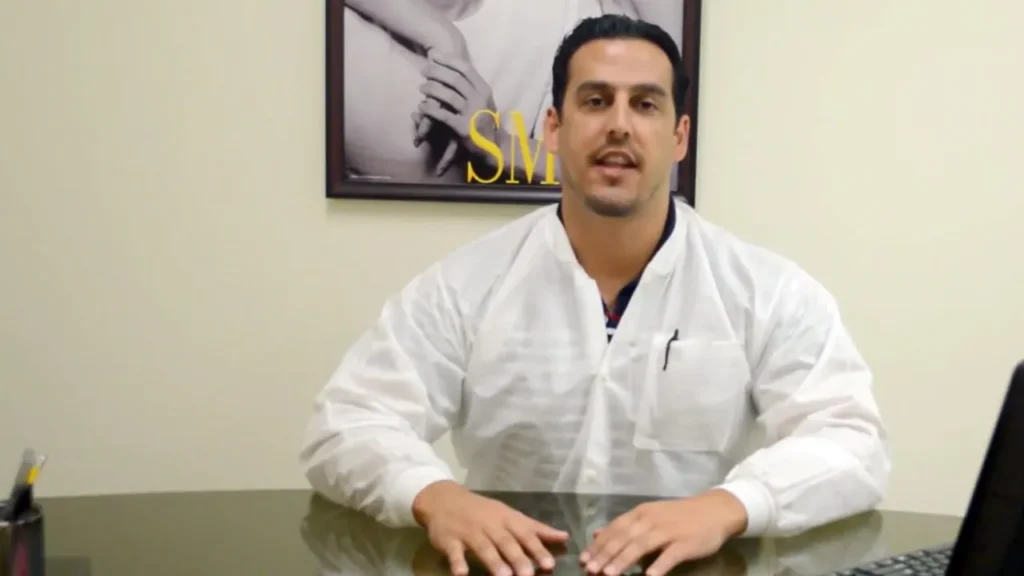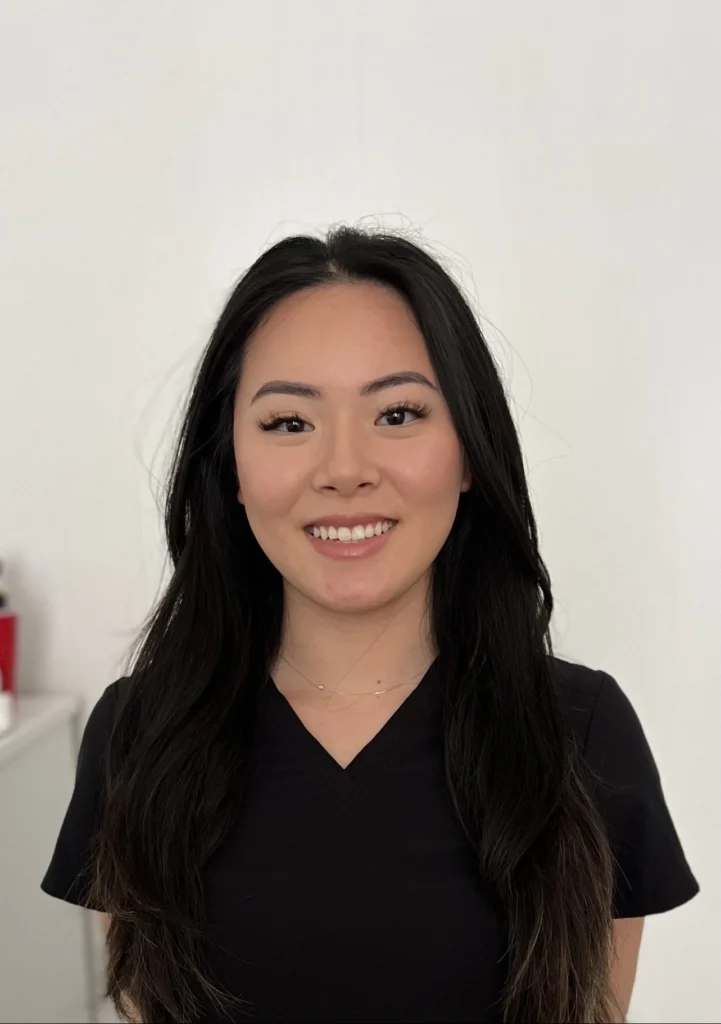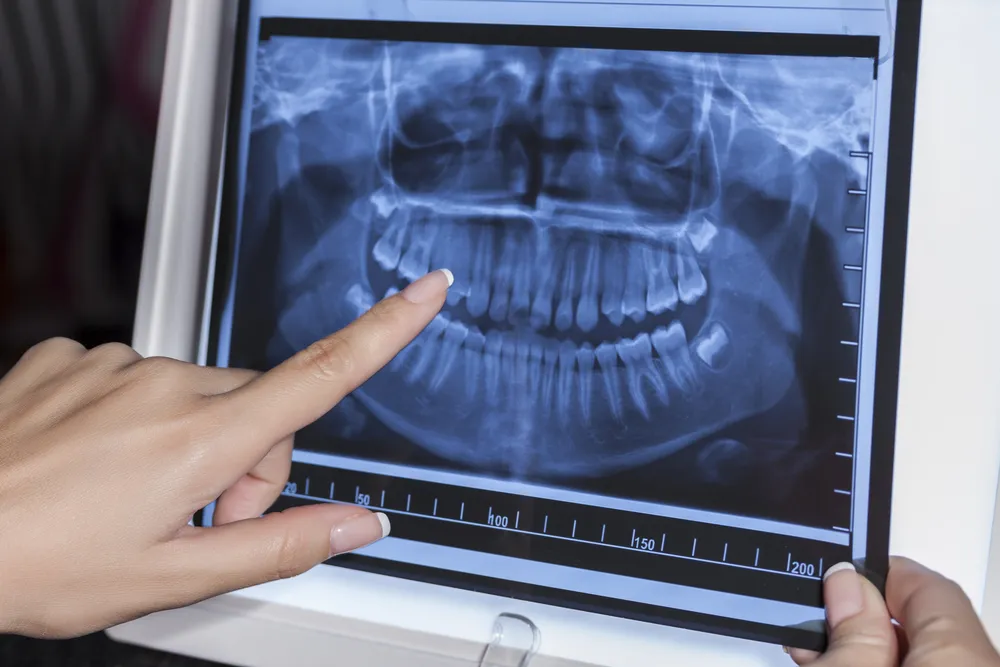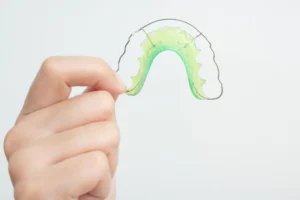What It Is, Treatments, and Cures
Does the enamel of your teeth mysteriously appear cracked, chipped, flattened, or uneven? Is this appearance change occurring without you even realizing why? Are your gums receding as well?
Is your whole mouth, or even worse, your jaw, experiencing discomfort, sensitivity, numbness, and pain? If you grind or clench your teeth while sleeping, you may have bruxism, a condition that causes this involuntary action.
This habit can not only harm your teeth but also strain your jaw muscles, leading to discomfort and potential long-term issues. These side effects can include headaches, facial pain, and even temporomandibular joint (TMJ) disorders.
If you have these symptoms, you should see a dentist. They can provide you with a check-up and advice on how to deal with teeth grinding. They can also inform you about the effects it may have on your oral health.
Learn more about this oral health condition , why you shouldn’t take the damage it deals lightly, and what you can do about it.
What is Bruxism?

Bruxism refers to the state of excessively grinding or clenching down your teeth. This often occurs unconsciously while you’re asleep, which makes quantifying the exact number of bruxism sufferers difficult, but clinical estimates (per Journal of Orofacial Pain ) say that as much as 8-31% of the general population could suffer from it.
If you’re experiencing occasional teeth clenching, it’s usually a response to stress. However, if you’re seeing damage to your gums and teeth or suffering from persistent mouth or jaw pain, it’s time to seek the advice of an orthodontist or dentist. They can help with these problems and talk about ways to improve your oral health, like braces or Invisalign.
This clenching can apply up to 250 pounds of force to your teeth. That’s a whopping 50 pounds greater than the average adult male body weight (per CDC ) and obviously capable of doing serious damage to your teeth, and worse.
When this clenching gets bad enough, it can put a strain on the jaw, being a contributing factor to temporomandibular joint disorder (TMD). When that jaw strain gets bad enough, it can be a contributing factor to wear and strain on the surrounding nerves and muscles, causing discomfort in the face, neck, shoulders, and in serious cases, arms and legs.
Affect Your Life?

Severe bruxism can cause irreversible damage to your mouth, including enamel and gum erosion. This leads to heightened pain, soreness, and sensitivity, especially if you’re experiencing jaw pain because of sleep bruxism. To address these issues and develop a suitable treatment plan, it’s crucial to consult a dentist or orthodontist. Additionally, bruxism and temporomandibular disorders (TMD) can be aggravated by psychological stressors, making a comprehensive approach to treatment essential.
- Mental health issues (particularly stress and anxiety)
- Night terrors (often driven by mental health disorders)
- Drug abuse (particularly stimulants that overact the bite muscles)
- Sleep apnea (clenching constricts the airways)
If you suspect that your bruxism may be linked to underlying issues, consider consulting an experienced behavioral health counselor. Therapy can assist in reducing anxiety and addressing any potential addictions that may exacerbate bruxism.
This constant strain can negatively impact both your teeth and your overall quality of life. Learn more about types of braces, including ceramic braces, lingual braces, and traditional metal braces, to help you achieve a better smile in as little as 22 hours.
Treat Bruxism

While it’s challenging to reverse the effects of bruxism teeth grinding, you can act to prevent further damage. Wearing an occlusal guard day or night offers relief and safeguards teeth from further damage. Discover how to protect your teeth from bruxism and the benefits of using one.
Like a bike helmet for your head, an occlusal guard will create a protective barrier for your teeth, shielding them from trauma and dispersing blunt force. Additionally, they can stabilize or “deprogram” the muscle movements that lead to bruxism. You can order these guards over the counter, but for the best results, we advise obtaining them through a licensed dentist or orthodontist.
Experienced oral health pros ensure a custom-fit guard and recommend the right occlusal type. They assess bruxism severity by:
- Feel for tenderness around your jaw or mouth muscles
- Examine for enamel damage or malocclusions
- Observe the mouth structure with imaging (x-rays)
After confirming bruxism or TMD, the dentist or orthodontist selects the right occlusal guard based on your bite and fit. They may also recommend additional treatments.
- Pain, muscle relaxant, or psychiatric medications (if severe enough)
- Physical stretching exercises to relax the mouth muscles
- Botox injections
- Changing drug and dietary habits
- Orthognathic surgery (to correct jaw & bite alignment, if necessary)
Be Cured?

Mild bruxism in children often resolves naturally with age, while most adults don’t frequently grind or clench their teeth, making treatment unnecessary. However, there is no universal remedy for bruxism. Nevertheless, for individuals with more severe cases, remedies like tooth-colored solutions can effectively alleviate symptoms and mitigate the impact of grind your teeth.
If you’re dealing with bruxism, neither an orthodontist nor a dentist can solely address the issue. A holistic approach is necessary to address the complex nature of bruxism.
Effective solutions may involve exercises, medications, therapy sessions, lifestyle adjustments, and, in severe cases, surgical procedures. Your bruxism treatment may involve multiple healthcare professionals, but ultimately, you play a crucial role in its success. Take proactive steps to utilize the effective tools they provide to manage and alleviate “moving the teeth” issues.

